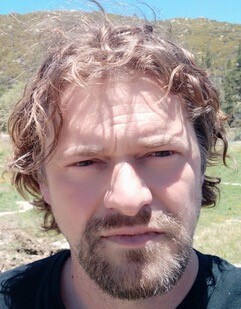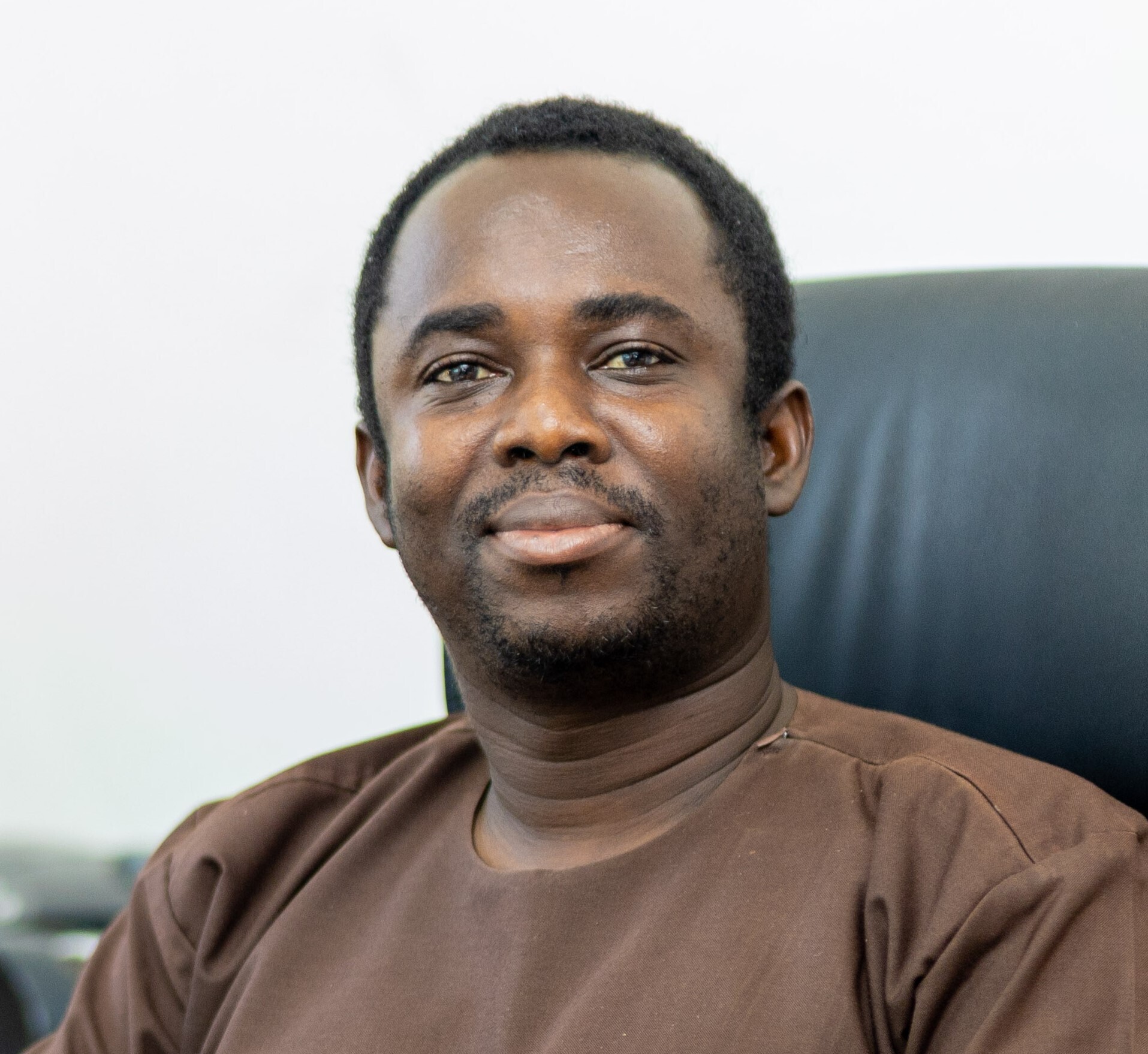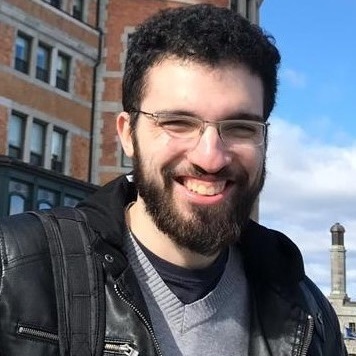Peter Mubanga Cheuka
Peter received his MSc degree in Chemistry from the University of Cape Town in 2014 under the supervision of Prof Kelly Chibale. He was appointed a full-time lecturer and researcher at University of Zambia before proceeding to complete his PhD between 2015 and 2019, again under the supervision of Prof Kelly Chibale at University of Cape Town. During this period, Peter worked on antimalarial drug discovery projects, particularly those involving medicinal chemistry optimization of novel antimalarial chemotypes. Peter’s research interests are in drug discovery focusing on small molecules as potential therapies for tropical diseases. He is a former (2017) fellow of the Next Generation Scientist (NGS) program, a 3-month internship program organized by Novartis Pharma AG and University of Basel. He is also a recipient of the Merck Schistosomiasis Research Grant and the Inaugural SPARK Africa Awards. Peter teaches general chemistry, organic chemistry and medicinal chemistry at undergraduate and postgraduate levels at University of Zambia.
Peter's current bibliography can be found here: https://scholar.google.com/citations?authuser=1&user=PCknNdwAAAAJ
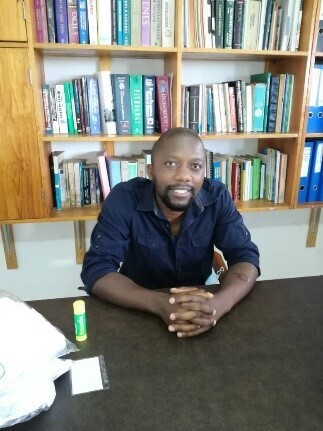
Jan Dvořák
Jan obtained his Ph.D. in molecular parasitology from Charles University, Prague in 2005. Subsequently, he enjoyed several productive years as a postdoc at the Sandler Center for Drug Discovery, University of California, San Francisco, under the mentorship of Jim McKerrow and Conor Caffrey. Returning to Europe, Jan’s research group at the Czech University of life Sciences focuses on proteolytic enzymes and their inhibitors in parasitic organisms, and more recently, transcriptomic analyses. His laboratory employs platyhelminth and nematode parasites, utilizing Schistosoma mansoni and Caenorhabditis elegans as key research models. Jan’s dedication to research in the field of parasitology includes collaborative partners in Europe and the United States.
Jan’s current bibliography can be found at: https://www.researchgate.net/profile/Jan-Dvorak-9
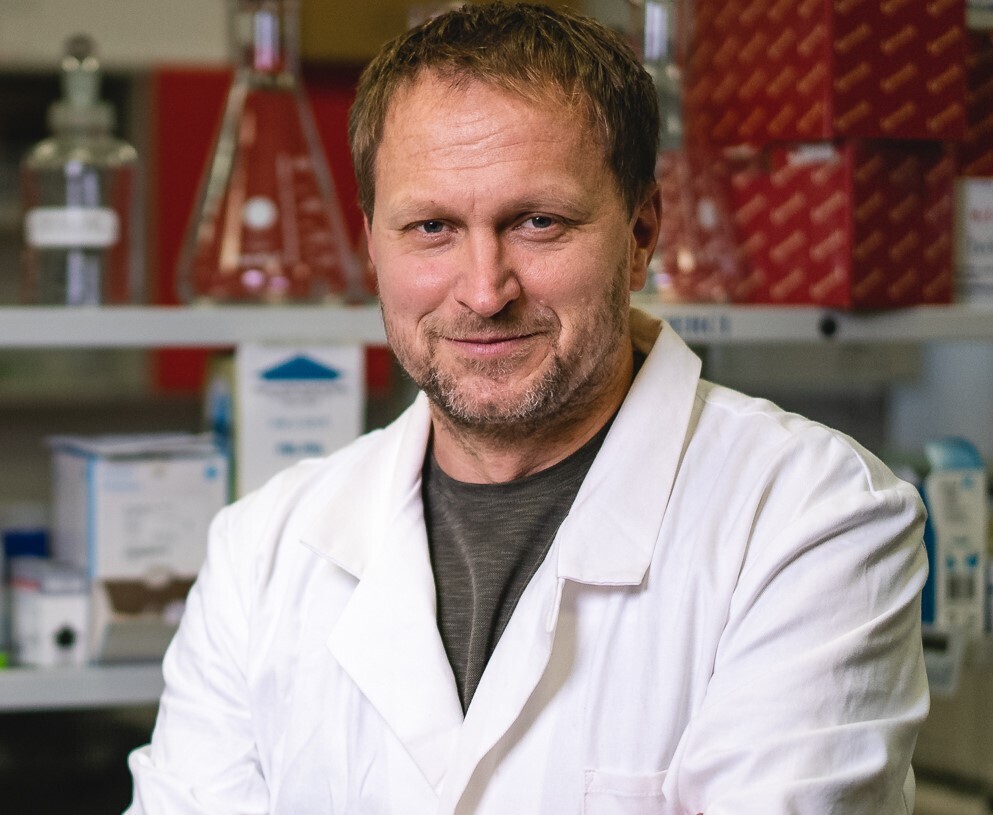
Sean Ekins
Sean is the founder and CEO of Collaborations Pharmaceuticals, Inc. which is focused on using machine learning approaches for rare and neglected disease drug discovery. Sean graduated from the University of Aberdeen; receiving his M.Sc., Ph.D. in Clinical Pharmacology and D.Sc. in Science. He has authored or co-authored >360 peer reviewed papers, book chapters, edited 5 books on different aspects of drug discovery research as well as authored a new book on ‘Winning Grants’. His interests include the dual use of AI and coverage of his research has also appeared in the Economist, Financial Times, Washington Post and appears in a Netflix documentary “Unknown: Killer Robots”.
Sean's current bibliography can be found here: https://pubmed.ncbi.nlm.nih.gov/?term=ekins+s&sort=pubdate&size=200
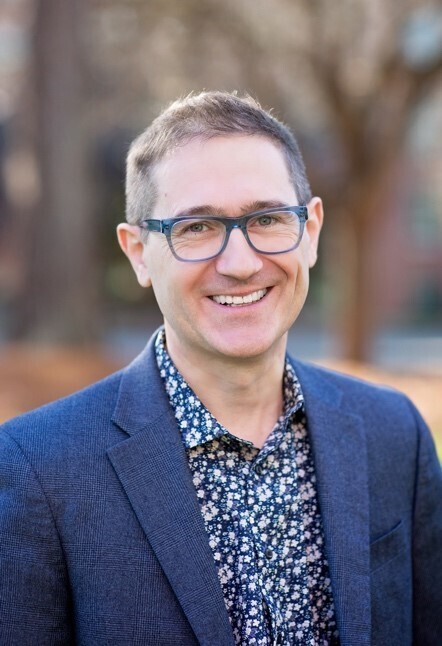
Rafaela Salgado Ferreira
Rafaela is an associate professor at the Biochemistry and Immunology Department at the Universidade Federal de Minas Gerais (UFMG, Brazil). Rafaela graduated in Pharmacy in 2005 at UFMG and received her PhD in Chemistry and Chemical Biology at the University of California San Francisco (2010), mentored by Brian K. Shoichet and James H. McKerrow. After post-doctoral training at the University of São Paulo (Brazil), supervised by Adriano Andricopulo, she became a faculty member at UFMG in 2011. In 2018, Rafaela was a visiting researcher at the Centre de Biochimie Structurale (Montpellier, France). Her research interests and experience are focused on drug design, enzymology and structural biology, especially towards the development of cysteine protease inhibitors of parasitic organisms. Rafaela’s awards include the “L’Oréal-UNESCO For Women in Science International Rising Talent 2018” and the “SBQ-ACS Women in Chemistry Award 2021, Category Emerging Leader”. Rafaela has authored > 100 scientific papers, mostly in the field of drug discovery for neglected diseases.
Rafaela's current bibliography can be found at: https://scholar.google.com.br/citations?user=UOTzmrcAAAAJ&hl=pt-BR
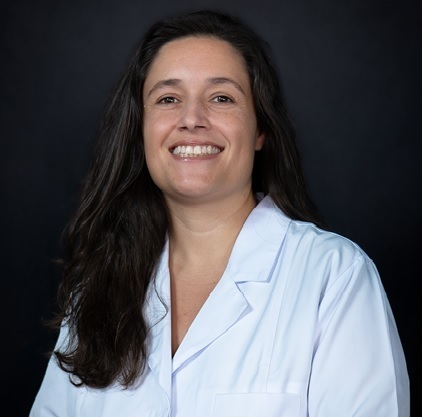
Kenneth Bentum Otabil
Kenneth is a Senior Lecturer and Researcher in Epidemiology, Clinical Microbiology and One Health and the Head of the Department of Biological Science of the University of Energy and Natural Resources (UENR), Ghana. Kenneth formed and leads the Consortium for Neglected Tropical Diseases and One Health (www.netrodisoh.org) at UENR. His consortium is passionate about parasitic neglected tropical diseases (NTDs) including schistosomiasis, onchocerciasis, lymphatic filariasis, and scabies. His research focuses on the epidemiology of NTDs and One Health, as well as the discovery of novel chokepoint enzymes with potential as therapeutic targets in parasites. A recent interest of his group is to identify novel active compounds from natural products for potential therapeutic applications against parasitic diseases. Kenneth has two doctorate degrees; His second PhD in Medical Sciences was at the University of Antwerp, Belgium (2024), where he focused on epidemiology of onchocerciasis and was mentored by Robert Colebunders, Maria-Gloria Basanez, & Henk HDF Schallig; His first PhD in Environmental Eng. Management from UENR (2019) in Ghana focused on the xenomonitoring of onchocerciasis.
Kenneth has won grants and awards from the Fulbright Visiting Scholar Program, the Bill and Melinda Gates Foundation, the Royal Society of Tropical Medicine and Hygiene, USAID, the International Foundation for Science, Danida, and the Africa Research Fund/Medical Research Council-UK. He has been a Visiting Scholar at the University of California San Diego-USA (2024), University of Oxford-UK (2023), KU Leuven-Belgium (2022), and was an Africa Research Fund/MRC Emerging African Leader. Kenneth’s collaborative networks include partners from the United States, Europe and Africa.
Lizandra Guidi Magalhães
Lizandra is a Research Professor at the University of Franca, and is committed to drug discovery research targeting neglected tropical diseases, including schistosomiasis, American trypanosomiasis, and leishmaniasis, along with a focus on the immunopathology associated with schistosomiasis. One of the key areas of emphasis within Lizandra’s research is the identification and validation of protein targets for drug development against parasitic diseases. Moreover, her research group boasts a wealth of knowledge and experience in the realm of natural products, allowing it to explore and identify novel active compounds for potential therapeutic applications against parasite diseases. Lizandra’s laboratory comprises a multidisciplinary team, consisting of biologists, pharmaceutical chemists, and biomedical researchers. The group operates within a specialized research infrastructure that combines chemical biology, biochemistry, molecular and microscopy assays. This allows them to investigate the biological activities of compounds, both in vitro and in vivo, and achieve a better understanding of the immunopathology associated with parasite diseases. Finally, Lizandra’s group maintains substantial collaborative ties with both national and international research groups. Its dynamic partnership with the Center for Discovery and Innovation in Parasitic Diseases (CDIPD) underscores her group’s commitment to advancing drug discovery for infectious diseases of poverty.
Lizandra’s current bibliography can be found at these resources: Publons - https://publons.com/researcher/B-9702-2014/ ; Scopus - https://www.scopus.com/authid/detail.uri?authorId=25924445000
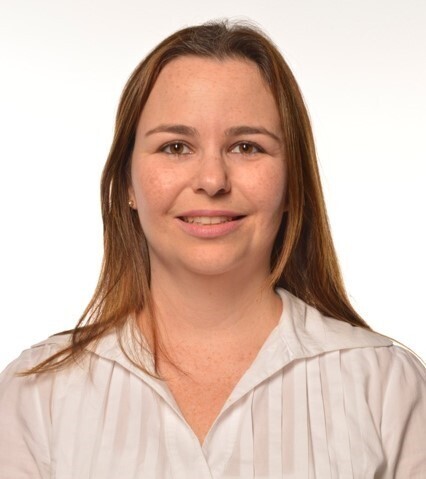
Alberto Rascón
Alberto is a faculty member in the School of Molecular Sciences at Arizona State University. Before joining ASU, Alberto was an Associate Professor at San José State University (CA) where his research program focused on Aedes aegypti mosquito midgut proteases. Alberto is a first-generation URM student, earning a B.S. in Chemistry from California State University, Bakersfield (2002), and a Ph.D. in Biochemistry from the University of Arizona (under the supervision of Dr. Roger L. Miesfeld), where he first started work on Ae. aegypti. After his graduate studies, Alberto joined the lab of Dr. James H. McKerrow (UCSF) as an NIH Institutional Research and Academic Career Development Award (IRACDA) Postdoctoral Scholar focusing on enzymes from human parasitic worms and proteases from human amoeba parasites. Currently at ASU, Alberto’s lab focuses on delineating the biological functions and physiological substrates of Ae. aegypti proteases involved in midgut bloodmeal protein digestion, salivary gland tissues, and eggshell melanization, as well as to determine viral pathogen-host protease interactions in the mosquito.
Alberto's current bibliography can be found at: https://www.ncbi.nlm.nih.gov/sites/myncbi/1lmF1_sjcK-AN/bibliography/47351366/public/?sort=date&direction=ascending
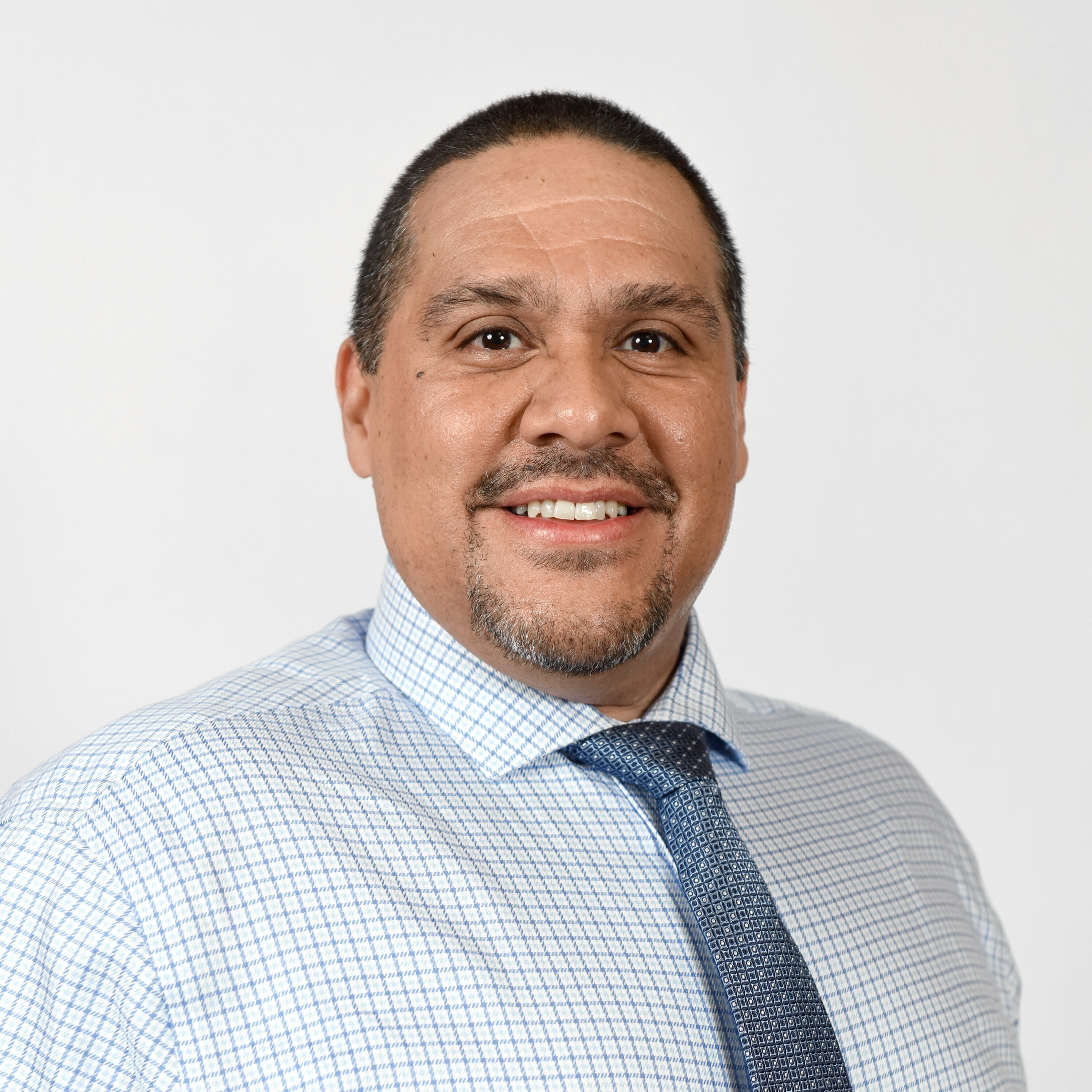
Mateus Serafim
Mat graduated in Biomedical Sciences (2017) and obtained his PhD in Microbiology (emphasis in Virology) at the Universidade Federal de Minas Gerais (UFMG), Brazil, in 2023. During his PhD, he was granted a visitor period at the University of California, San Diego (UCSD) via the CAPES/PrInt program (2022). His expertise relies on molecular modeling, structural biology, and medicinal chemistry, as well as biological evaluation in different viruses, bacteria, and mammalian cells, in addition to enzyme inhibition assays. As a Postdoctoral Researcher at UFMG, he extends his collaborative work as a Research Scholar at UCSD (2024). His main focus is on the use of computational simulations to support experimental validation in drug design and discovery campaigns.
Mat's current bibliography can be found at: https://scholar.google.com/citations?user=u4ezicoAAAAJ&hl=en and https://lattes.cnpq.br/2098168982932098
Daniel Sojka
Dan is an independent research scientist at the Institute of Parasitology, Biology Centre of the Academy of Sciences of the Czech Republic. His scientific journey began with a profound interest in the molecular biology of ectoparasites, mentored by Petr Kopáček at the Faculty of Science, University of South Bohemia, Czech Republic. Dan's undergraduate studies focused on host blood protein catabolism in tick gut tissue. During his postdoctoral stays at UC San Francisco with Jim McKerrow, and then the University of Geneva with Professor Soldati-Favre, Dan broadened his expertise studying various parasitic organisms, including Schistosoma mansoni, Toxoplasma gondii, Plasmodium falciparum, and myxozoan parasites of fish. Dan's current focus is on ticks and tick-borne diseases, particularly on the malaria-related disease, babesiosis. Dan investigates proteolytic enzymes to discover their roles in disease transmission and evaluate their potential as targets for innovative therapies. Dan's unwavering commitment to unraveling the intricacies of what makes parasites successful has established him as a world-recognized authority in parasitology.
Dan's publication record can be found at these resources: https://orcid.org/0000-0002-9848-9435 and Loop profile: 441557
